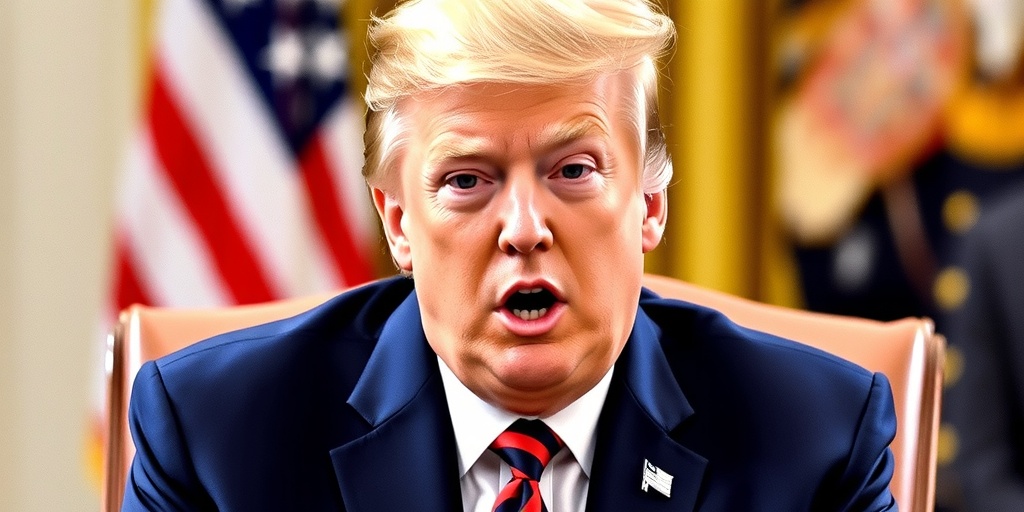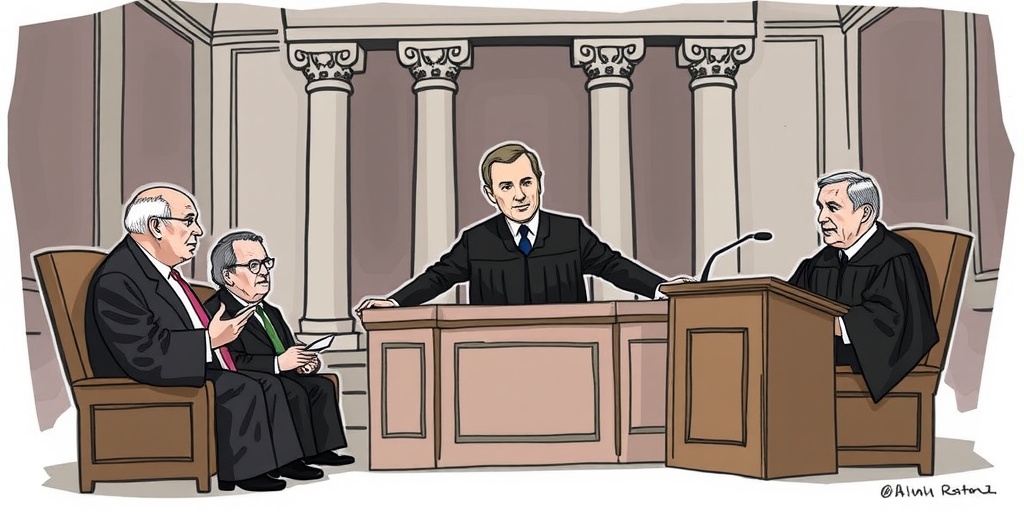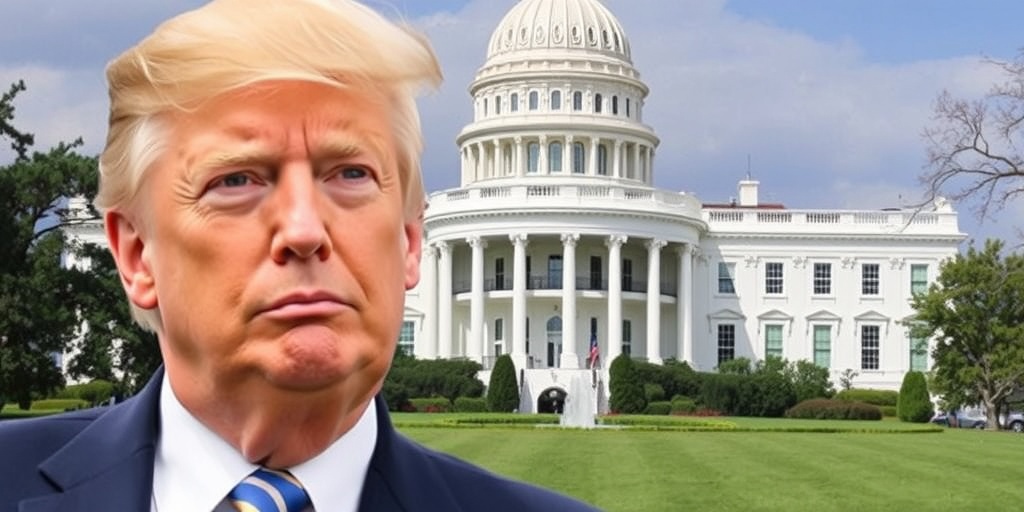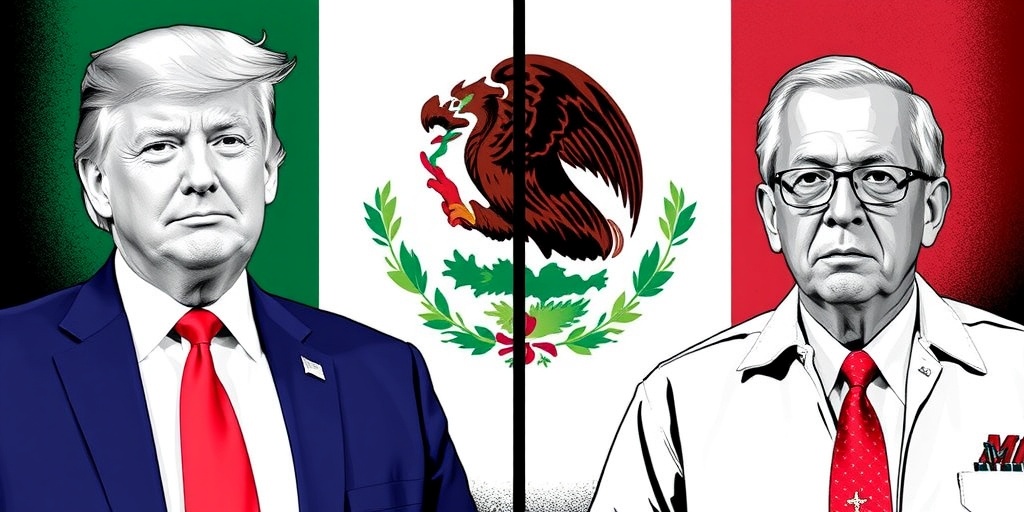Now Reading: European Allies Worried Trump Aims to Undermine Them
-
01
European Allies Worried Trump Aims to Undermine Them
European Allies Worried Trump Aims to Undermine Them
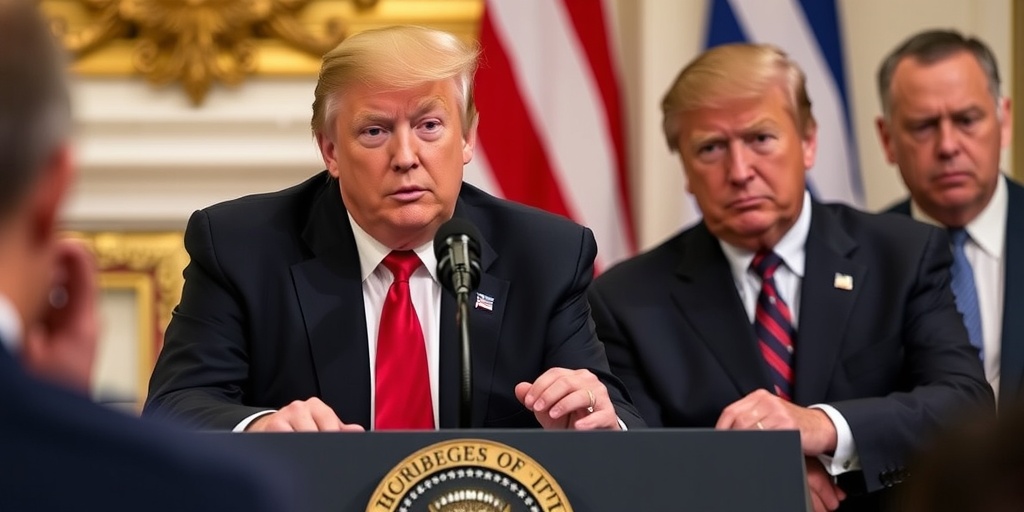
During his first term, President Trump staunchly criticized the European Union (EU), labeling it as a “foe” established to undermine the United States, especially in trade relations. Recently, he reiterated this sentiment with crude language, claiming, “The European Union was formed in order to screw the United States. That’s the purpose of it, and they’ve done a good job of it.” In line with his hardline stance, Trump announced plans to impose a massive 25 percent tariff on cars and other goods from Europe.
This continual onslaught against Europe comes amid an observation by European leaders and analysts that Trump and his administration view traditional allies in Europe not merely as partners but as adversaries, particularly in trade and other key policy areas. While some officials perceive the current administration as indifferent towards Europe, a growing number see it as actively hostile, leading to concerns about the reliability of the United States as an ally.
Trump’s administration has displayed a pattern of rebuffing long-standing alliances such as NATO while aligning itself with Russia, which is viewed as a principal threat to the alliance. Vice President JD Vance has even criticized European democracy, advocating for the inclusion of far-right parties. Compounding these tensions, the United States recently abstained from condemning Russia’s invasion of Ukraine at the United Nations, choosing instead to vote alongside authoritarian regimes like Russia, Belarus, and North Korea.
European leaders are understandably alarmed and are moving quickly to evaluate and mitigate the fallout from this altered relationship. For instance, British Prime Minister Keir Starmer visited the White House, hoping to dissuade Trump from abandoning Ukraine and to reaffirm the transatlantic alliance. French President Emmanuel Macron, in a similar effort, found little success during his recent interactions with the U.S. leader.
Friedrich Merz, the conservative politician poised to become Germany’s next chancellor, expressed serious concerns about the deteriorating transatlantic relationship. After observing statements made by Trump, Merz noted that the current U.S. administration seems largely indifferent to Europe’s fate and questioned the future of NATO, suggesting that his priority would be to reinforce Europe’s independence from U.S. influence.
Merz’s remarks echo earlier statements made by former German Chancellor Angela Merkel in 2017, wherein she suggested that Europe must take charge of its own destiny. At that time, those comments were groundbreaking, yet a real shift in European security policy failed to emerge. However, the current situation appears far more precarious. Claudia Major from the German Institute for International and Security Affairs articulated concern over the aggressive rhetoric emanating from Trump’s administration, particularly as Vance spoke of a cultural conflict that could leave Europe feeling abandoned.
Analysts are noting that Trump’s administration is not merely indifferent but is instead actively attempting to disrupt the European Union, viewing it as both an economic competitor and an ideological threat. This perspective posits that the administration aims to weaken the EU’s regulatory powers, particularly in areas such as trade and competition and social governance.
As the EU represents the world’s largest trading bloc, it possesses significant leverage to respond economically to U.S. actions. Moreover, this power could be directed against numerous high-tech and social media companies whose leaders have ties to Trump, such as Elon Musk. There’s an ongoing critique regarding how the EU’s influence, known as the “Brussels Effect,” can set global norms concerning climate regulations, digital competition, and artificial intelligence.
With the growing belief that the Trump administration is intent on dismantling this threat, experts warn that losing the U.S. as a steadfast ally could spell disaster for European nations. Analysts like Nathalie Tocci of Italy’s Institute of International Affairs argue that no amount of transatlantic economic cooperation, such as increased purchases of American liquefied natural gas (LNG) or arms, will suffice if the U.S. actively seeks to bolster far-right elements in Europe while eroding democratic institutions.
The interplay between these tensions is complex, with each European nation reassessing its relationship with the U.S. As some observers suggest, the relationship may no longer be in a state of volatility but rather on the precipice of a fundamental collapse. Linas Kojala, director for the Geopolitics and Security Studies Center in Lithuania, emphasizes the necessity for Europe to preserve its relationship with the United States while acknowledging the unsettling changes.
As this scenario unfolds, it remains uncertain whether the era characterized by Trump’s first term—marked by frequently aggressive rhetoric yet ultimately resulting in stronger NATO ties—could repeat itself, or if the current environment of ideological, strategic, and economic clashes will reshape the very fabric of transatlantic relations irrevocably.
Stay Informed With the Latest & Most Important News
Previous Post
Next Post
-
 01New technology breakthrough has everyone talking right now
01New technology breakthrough has everyone talking right now -
 02Unbelievable life hack everyone needs to try today
02Unbelievable life hack everyone needs to try today -
 03Fascinating discovery found buried deep beneath the ocean
03Fascinating discovery found buried deep beneath the ocean -
 04Man invents genius device that solves everyday problems
04Man invents genius device that solves everyday problems -
 05Shocking discovery that changes what we know forever
05Shocking discovery that changes what we know forever -
 06Internet goes wild over celebrity’s unexpected fashion choice
06Internet goes wild over celebrity’s unexpected fashion choice -
 07Rare animal sighting stuns scientists and wildlife lovers
07Rare animal sighting stuns scientists and wildlife lovers













